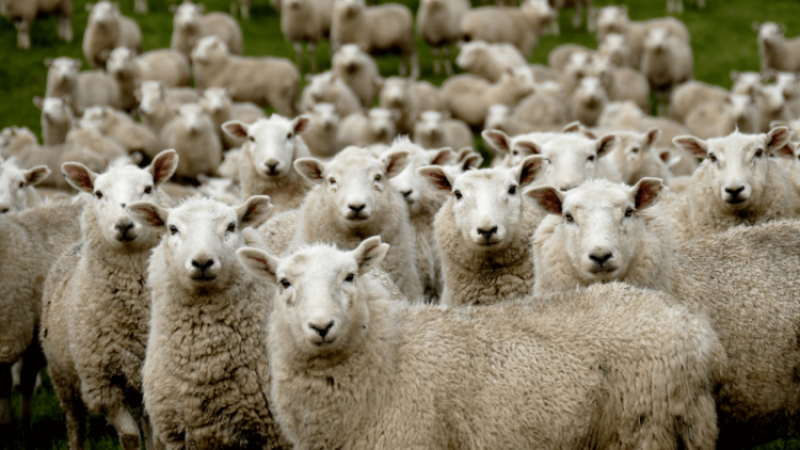Sheep have been domesticated for roughly 12,000 years. Sheep have also been cloned since 1996; Dolly was the first mammal to suffer that indignity. But this news was featured in the March 14 issue of Business Insider:
Montana rancher paid $4,200 to clone a dead sheep and launched a farm of super hybrids worth up to $550,000
Some people — not just Montanans but Texans too and probably others — pay to indulge in “captive hunting,” and large sheep make excellent targets. Neither the cloning nor the sale nor the hunt would be illegal per se, except that the “franken-sheep” as the Daily Mail inevitably dubbed them, are native to Kyrgyzstan and covered by the US Endangered Species Act.
Humans have cross-bred several species — Tigons, Ligers, Zebroids, Beefalo, Geep and more — but the most ambitious such undertaking is pursued by the media-savvy Colossal Biosciences, which is trying to “de-extinct” the dodo and the woolly mammoth.
…
Meanwhile, some rich people elect to experiment on themselves, pursuing immortality rather than resurrection. Bryan Johnson, a techie entrepreneur who cashed out in his late thirties with an estimated $400 million, is the most active proselytizer. He is now 46 and spends $2 million a year on his own healthcare. Time profiled him at length last September and described his obsession with reducing his “biological age.”































